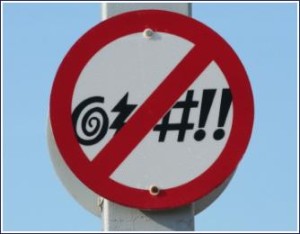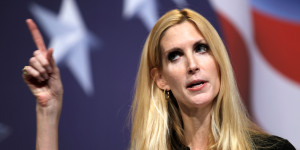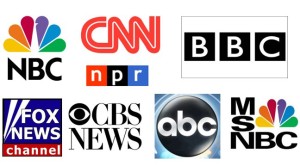OK, so Time didn’t pick Donald Trump as its Person of the Year after all.
Instead, the venerable magazine went with someone who’s actually accomplished something, been a force for positive change and has earned her spurs leading a continent that’s going through some monumental change.
German Chancellor Angela Merkel gets the nod as Person of the Year.
I am fascinated by Time’s description of her upbringing.
She grew up in East Germany, which used to call itself the “German Democratic Republic.” As Time notes, the communist-run dictatorship was neither “democratic” or a “republic.” It was run by tyrants. Thus, young Angela developed an early craving for freedom and liberty.
She and the rest of her country got it when the Berlin Wall came down in 1989 and the communist dictatorship fell apart.
Merkel’s ascent to power was dramatic. Once there, she became Europe’s most powerful leader, which is saying something, given that the continent is populated by several powerful heads of government — such as the British prime minister and the president of France.
Check out this passage from Time’s article on the selection: “At a moment when much of the world is once more engaged in a furious debate about the balance between safety and freedom, the Chancellor is asking a great deal of the German people, and by their example, the rest of us as well. To be welcoming. To be unafraid. To believe that great civilizations build bridges, not walls, and that wars are won both on and off the battlefield. By viewing the refugees as victims to be rescued rather than invaders to be repelled, the woman raised behind the Iron Curtain gambled on freedom. The pastor’s daughter wielded mercy like a weapon.”
The reference here is to the refugee crisis exploding in the Middle East. Merkel has “wielded mercy like a weapon.”
Let’s pay attention on this side of the Atlantic Ocean.








